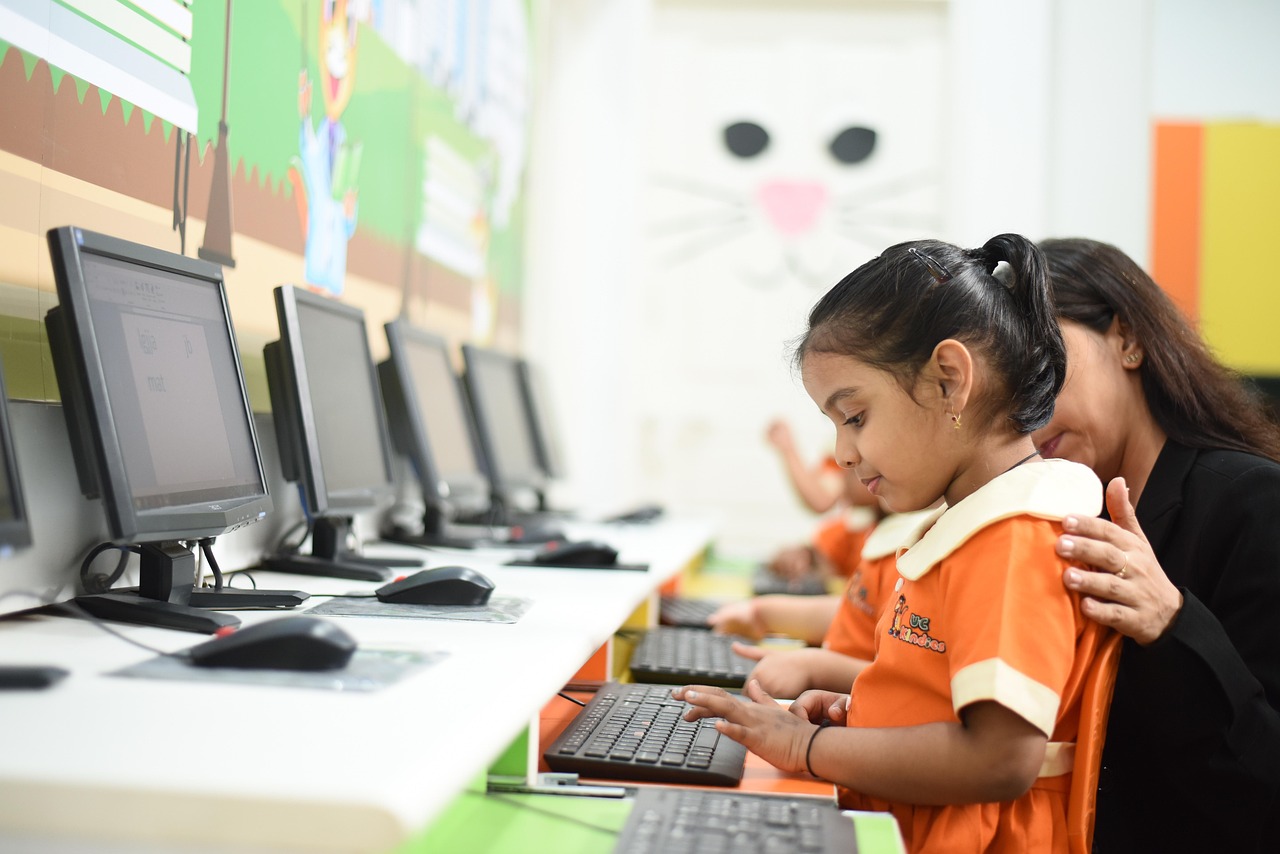Choosing the right preschool is crucial for a child’s early development and future academic success. In India, several preschools stand out for their focus on modern teaching methods, safety, and holistic growth. The top 10 preschools in India combine experienced faculty, innovative curricula, and nurturing environments to create a strong foundation for young learners.
These schools offer various educational approaches like Montessori, play-based learning, and multiple intelligences curricula, catering to diverse needs. Parents can expect comprehensive development opportunities alongside academic readiness, ensuring children are well-prepared for the next stages of education.
With options ranging from independent schools to well-established preschool chains, India presents a broad spectrum of quality early education providers. Reviewing features such as curriculum style, infrastructure, fees, and parental involvement can help families make an informed choice.
Top 10 Preschool in India
The leading preschools in India are known for their strong academic foundations, creative teaching methods, and safe, nurturing environments. These schools focus on holistic development, combining modern curricula with experienced faculty and parental involvement. Geographic availability varies, with many top institutions concentrated in major urban centers.
Overview of Top-Rated Preschools
Top-rated preschools in India prioritize a play-based or Montessori approach, tailored to early childhood learning needs. Schools like Makoons Preschool, Kidzee, and EuroKids emphasize holistic growth through interactive activities and skill development.
They also focus on safety and infrastructure, ensuring clean, secure spaces equipped with age-appropriate learning materials. Teachers are usually trained in early childhood education, which supports individualized attention. Many preschools also provide regular progress updates to parents, fostering a collaborative environment.
Key Selection Criteria
The foremost criteria for choosing a preschool include curriculum quality, safety, faculty experience, and the overall environment. Parents often look for schools that offer diverse teaching methodologies, such as play-based learning or Montessori, catering to different child preferences.
Safety protocols and child-friendly infrastructure are critical. Schools that integrate parental involvement and provide transparent communication about progress ranks highly. Fee structure and accessibility also influence decisions since affordability and convenience matter to many families.
Geographic Distribution of Leading Preschools
Major Indian cities like Delhi NCR, Mumbai, Bengaluru, and Chennai host a majority of top preschools. These urban centers offer more options due to higher demand and better resources. Some preschool chains operate nationwide, ensuring consistent quality across locations.
Rural and smaller towns tend to have fewer high-ranking preschools, often limited in infrastructure or specialized teaching methods. Parents in metropolitan areas thus have broader choices, while others may rely on local options emphasizing community-centric early education approaches.
Notable Features and Advantages
Top preschools in India incorporate a range of teaching methods, highly skilled faculty, and thoughtfully designed environments to support early childhood development. These elements work together to create enriching and safe spaces conducive to learning.
Curriculum Approaches
Leading Indian preschools emphasize a balance between play-based and structured learning. Montessori, thematic, and inquiry-based methods are common, encouraging children’s natural curiosity and creativity.
Many schools adopt flexible curricula tailored to individual learning paces. This helps nurture cognitive, social, emotional, and physical development simultaneously. Emphasis on experiential learning and integrated activities aids in building foundational skills.
Language development, early math, and motor skill exercises are often embedded within daily routines. This approach fosters holistic growth while keeping children engaged and motivated.
Faculty and Staff Expertise
Highly qualified teachers are essential in top preschools. Faculty typically possess specialized training in early childhood education and child psychology.
Experienced educators focus on child-centric teaching, observing developmental milestones and adapting methods accordingly. Regular professional development ensures staff remain updated on best practices.
The staff-to-child ratio is carefully maintained to ensure personalized attention. Support staff, including counselors and aides, often assist in managing individual needs and maintaining a nurturing atmosphere.
Facilities and Learning Environment
Preschool facilities emphasize safety, cleanliness, and child-friendly design. Classrooms are bright, spacious, and equipped with age-appropriate learning materials and play resources.
Outdoor spaces are common, offering areas for physical activity and exploration. Some schools include sensory rooms, art corners, and technology labs to support diverse learning styles.
Security measures, such as CCTV and secure entry systems, are standard. Many preschools also provide hygienic meal options and ensure adequate sanitation standards are met.
